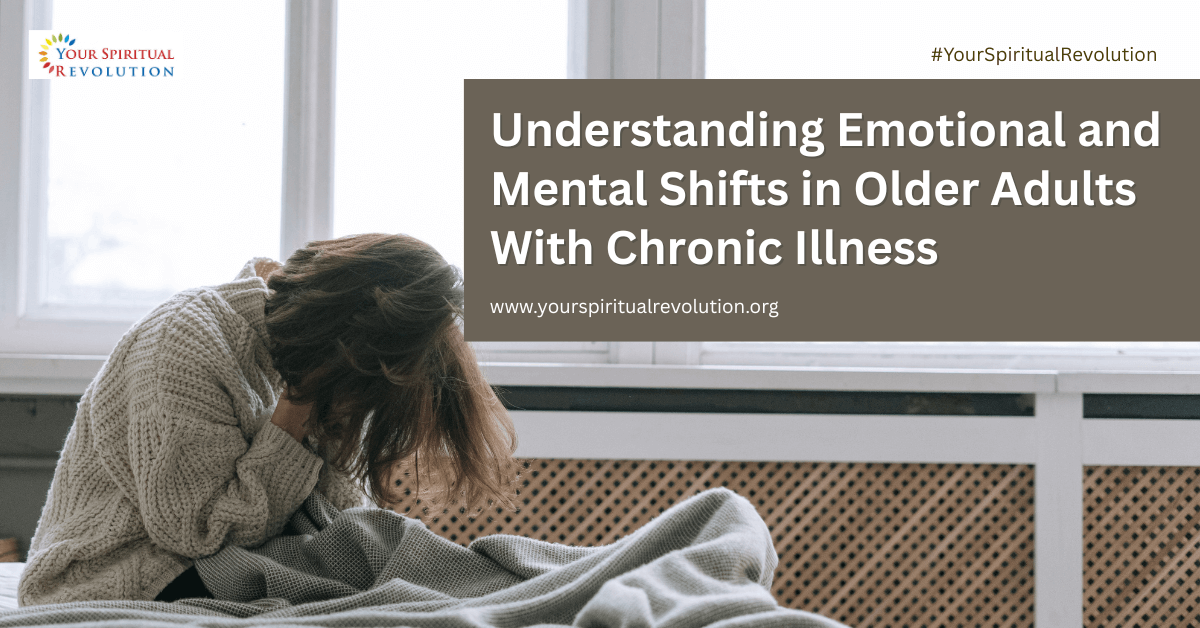

The question of whether mental health problems are a cause of drug use or a symptom of drug use has been the subject of a discussion for a very long time. In recent years, technological advancements and an increased availability of data have assisted scientists in advancing their knowledge of the brain; nonetheless, the conclusion is still not obvious. There is no denying the causal connection between mental illness and substance use disorders. However, it is far more complicated than simply saying that one disorder causes the other.
There is no question that drug abuse and mental health problems share risk factors, and it is a well-known truth that those who have been diagnosed with mental health issues are more prone to engage in substance abuse. Continue reading to learn more about the delicate link from detox from fentanyl that exists between a person’s mental health and their use of substances.
Do Mental Disorders Go Hand in Hand with Substance Abuse?
Having a mental illness puts a person at an elevated risk for developing a chronic substance use disorder; however, not everyone who battles with mental illness will also start abusing substances like alcohol and drugs. Therefore, it is not accurate to argue that mental health issues cause addiction; rather, they are risk factors in the development of addiction.
On the other hand, it is still extremely difficult to determine whether or not excessive use of drugs or alcohol directly causes problems with mental health. Psychoactive medicines have an effect on the neurotransmitters in your brain, which are involved for regulating a wide variety of mental and physiological processes, including motivation, pleasure, reward, and sleep. In many instances, they create increases in the concentration of these compounds, which in turn depletes your natural supply. Over time, it is possible to end up with levels of these essential hormones that are so out of whack that you begin to feel the symptoms of a mental illness.
In severe circumstances, you may modify the systems of your brain to the point that decision-making, motivation, and pleasure are permanently altered. This would be irreversible.
Comorbidity and the Practice of Self-Medication
At one time, problems with substance use were thought to be caused by faulty judgement or a lack of self-control. Having a lack of self-discipline to the point that one is willing to put oneself in harm’s way is a sign of a person who, in most cases, has good reasons for their behaviour. Abusing substances like drugs and alcohol might give a measure of respite from difficult feelings and circumstances that the person who is addicted has not been able to acquire from any other source.
Many persons with mental health difficulties have undesirable sensations and ideas that make everyday living miserable. Intoxication provides a momentary escape from the triggers that propel a person into a downward spiral of self-destruction, and this relief may be very beneficial. It is extremely difficult for that individual to come to terms with the fact that the drugs, which make it seem as if they are helping them, really make the issue worse in the long run.
The only way to put an end to this never-ending cycle is to discover new methods to deal with triggers and to shift one’s attention away from short-term numbing strategies and towards more permanent solutions. The best means to achieve this goal, given your specific circumstances, may be determined with the assistance of professionals in mental health and addiction programmes.
Behaviours, Not Symptoms
This is because, while physical symptoms may appear (such as nausea, heart palpitations, and headaches), the disease typically manifests itself as behaviours that people display or habits that they’ve learned to protect themselves.
Growing Up with Co-Occurring Disorders
The association between drug misuse and mental illness is particularly frequent in the young population. This occurs for a few different reasons, if you must know. To begin, a child’s brain is not completely formed at such a tender age since it continues to grow and mature. It is not until age 25 that the brain is regarded to have finished developing, which results in highly immature mental processes. Because of this, it is more difficult for youngsters to process their feelings in a manner that is beneficial. They have no idea why they are feeling the way that they are experiencing and may start looking for things that will assist them remedy the problems they are having as a result.
How can they convey this information to an adult so that they may get assistance if they do not comprehend the problems? This leads to yet another reason why younger generation are more likely to get addicted to drugs or alcohol. When a child’s feelings are not fully developed, they do not have the self-assurance to approach a parent or other authority figure with questions or concerns about their feelings or drug use. Due to the fact that they are emotionally immature, they are unable to communicate with their contemporaries in a meaningful and objective manner. This is because they face the same barriers. So, it is essential to play an active part in the life of a kid and to ensure that the child is aware that there are individuals with whom they may freely communicate without the risk of being mocked or punished.



































































Introduction Caring for an older adult with a long-term autoimmune condition can be emotionally complex.

Manifestation, rooted in the New Thought movement, is the powerful concept of transforming desires into

The Law of Attraction is a compelling New Thought philosophy suggesting that our thoughts and

Mudras, symbolic gestures predominantly performed with hands and fingers, hold deep significance across Hinduism, Jainism,

If you have lived with anxiety, depression, trauma or burnout for years, you may feel
| Cookie | Duration | Description |
|---|---|---|
| cookielawinfo-checkbox-analytics | 11 months | This cookie is set by GDPR Cookie Consent plugin. The cookie is used to store the user consent for the cookies in the category "Analytics". |
| cookielawinfo-checkbox-functional | 11 months | The cookie is set by GDPR cookie consent to record the user consent for the cookies in the category "Functional". |
| cookielawinfo-checkbox-necessary | 11 months | This cookie is set by GDPR Cookie Consent plugin. The cookies is used to store the user consent for the cookies in the category "Necessary". |
| cookielawinfo-checkbox-others | 11 months | This cookie is set by GDPR Cookie Consent plugin. The cookie is used to store the user consent for the cookies in the category "Other. |
| cookielawinfo-checkbox-performance | 11 months | This cookie is set by GDPR Cookie Consent plugin. The cookie is used to store the user consent for the cookies in the category "Performance". |
| viewed_cookie_policy | 11 months | The cookie is set by the GDPR Cookie Consent plugin and is used to store whether or not user has consented to the use of cookies. It does not store any personal data. |